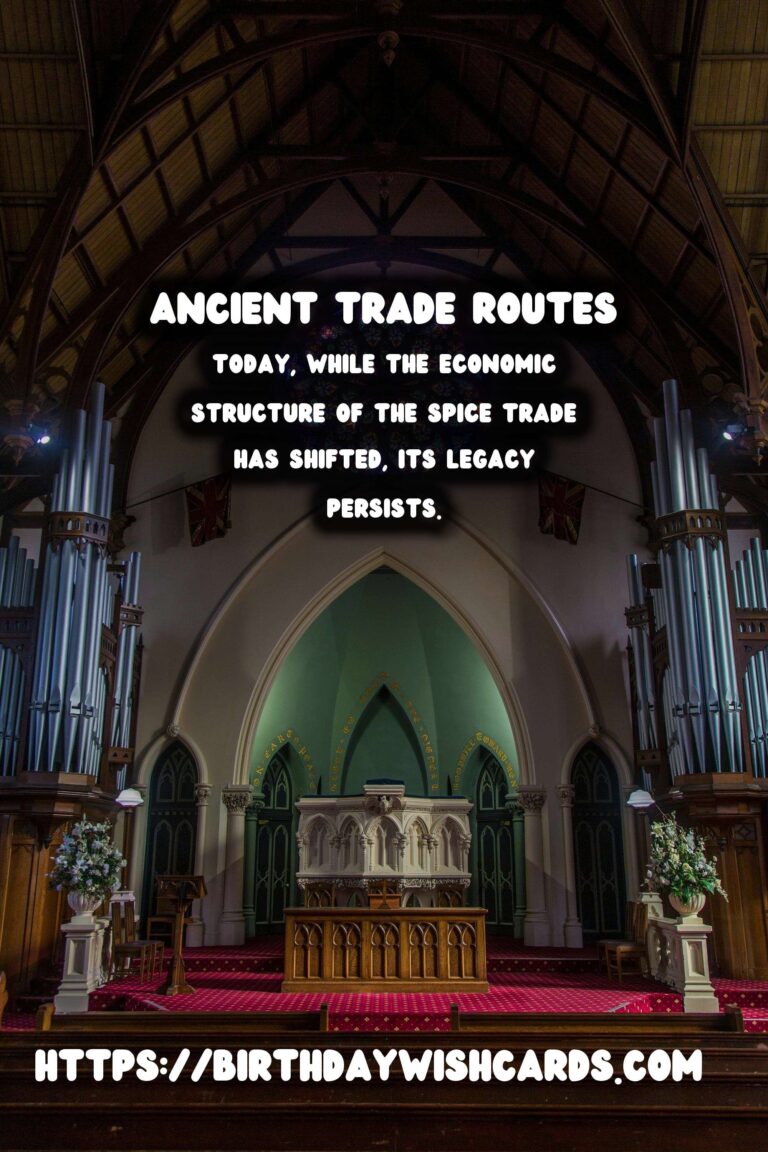
Throughout history, few things have sparked human imagination and ambition as much as spices. These aromatic substances were worth their weight in gold and were central to the origins of globalization. While today they might be simple staples in our kitchen, centuries ago, they were the epicenter of global trade and economic development.
The Beginnings of the Spice Trade
The spice trade dates back to antiquity, where aromatic plants were treasured in Egypt, China, India, and the Arab world for medicinal, ceremonial, and culinary purposes. Spices like cinnamon, cassia, cardamom, ginger, turmeric, and pepper were sought-after commodities.
The initial stages of the trade routes formed what would become the legendary Silk Road, acting as conduits for the exchange not just of goods but also of culture, ideas, and religion. The demand for spices was a key motivator in the expansion of this network, with the Indian subcontinent and the islands of the Indonesian archipelago (the Spice Islands) being central players.
Impact on European Exploration
By the Middle Ages, Europe had developed an intense appetite for spices. The decline of the Roman Empire and the subsequent loss of direct trade routes led Europeans to rely heavily on Venetian and Genoese merchants who controlled the spice trade via a series of middlemen.
The high prices and obstacles in acquiring spices motivated the search for new trade routes to the source. Notably, Christopher Columbus’s voyage in 1492, initially aimed at finding a westward sea route to the spice-rich lands, inadvertently led to the discovery of the Americas.
Meanwhile, Portuguese explorers like Vasco da Gama successfully circumnavigated Africa to establish a direct sea route to India, thereby breaking the monopoly held by the Mediterranean traders and launching the Age of Discovery.
The Colonization and Control
With the discovery of new routes and lands, European powers vied for control over the lucrative spice trade. The Portuguese, Dutch, and later the British, invested heavily in establishing trade posts and colonies in spice-producing regions.
The Portuguese initially dominated the trade by capturing key Indian Ocean ports and implementing a cartaz (pass) system to monopolize the trade. However, they faced stiff competition from the Dutch, who founded the Dutch East India Company (VOC) in 1602.
Through strategic alliances, military might, and at times, ruthless tactics, the VOC established control over various spice-producing regions, most notably Banda Islands, renowned for nutmeg and mace.
Economic and Cultural Impacts
The spice trade had profound effects on the global economy. It instigated the transition from a feudal economy to a market-driven one in Europe. The wealth generated from spices allowed nations to fund explorations, art, and education, indirectly influencing the European Renaissance.
Beyond economics, the spice trade facilitated cultural exchanges. It brought about the spread of technology, knowledge, and culinary practices, enriching societies on both ends of the trade network. It also had darker consequences, such as the exploitation and colonization of indigenous peoples and lands.
The Legacy of the Spice Trade
Today, while the economic structure of the spice trade has shifted, its legacy persists. The quest for spices helped lay the foundation for modern global trade networks. It introduced and integrated diverse cultures and technologies, significantly shaping the course of world history.
In contemporary times, spices are accessible to all, yet they continue to symbolize the centuries-old drive for exploration and trade that transformed economies and societies worldwide.
Conclusion
The history of the spice trade is a testament to the lengths humans will go to, both in discovery and in dominance. While the sails of spice trade ships no longer sweep the seas, the indelible influence of these humble treasures on the tapestry of global economics and cultural exchanges endures.
Throughout history, few things have sparked human imagination and ambition as much as spices. Today, while the economic structure of the spice trade has shifted, its legacy persists.
#SpiceTrade #GlobalEconomy

